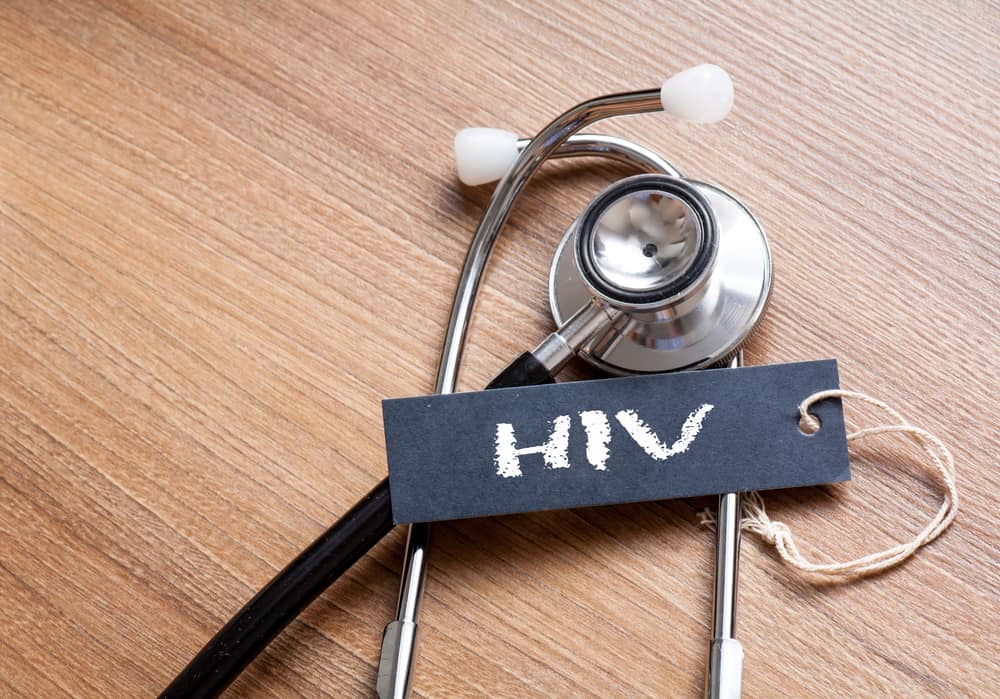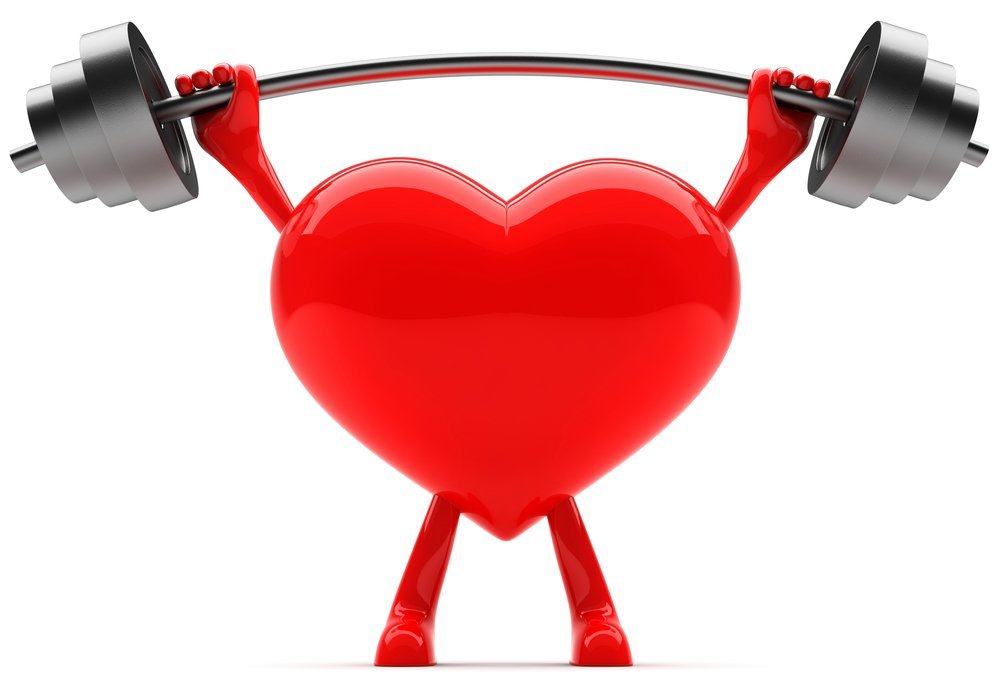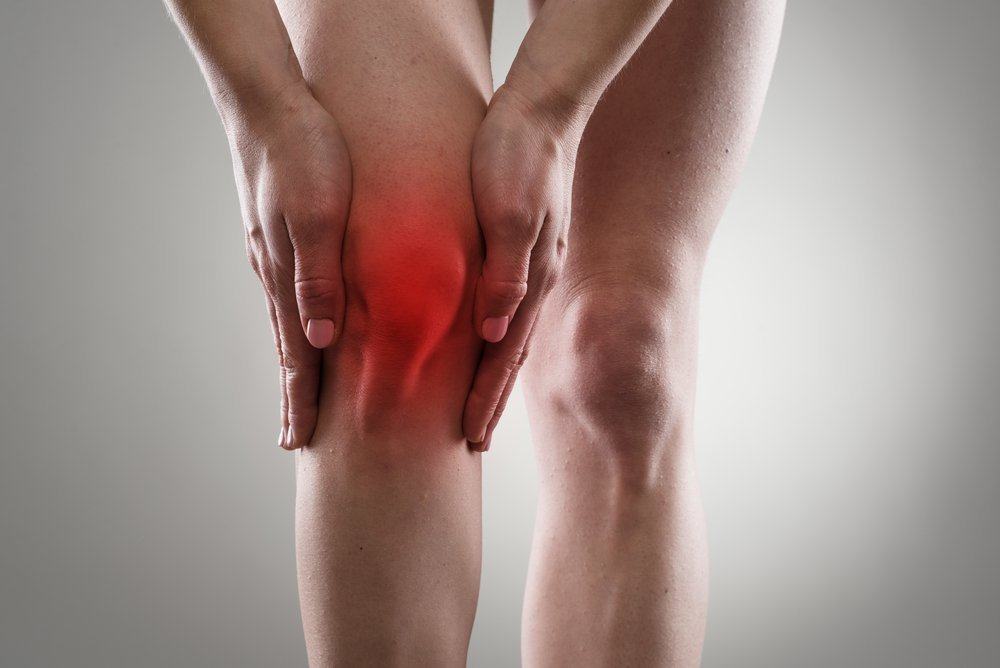Contents:
- Medical Video: Medical Animation: HIV and AIDS
- The development of the HIV virus, from the beginning of the infection to starting to cause symptoms of HIV
- Early stage
- Clinical latent stage
- Advanced stage
Medical Video: Medical Animation: HIV and AIDS
The only effective way to ensure someone is infected with HIV is through HIV testing. Because the symptoms of HIV do not immediately appear just after the initial infection. People affected by the HIV virus generally do not realize that they are developing HIV / AIDS for many years. So, how long does it take for HIV symptoms to occur from the start of an infection? Here's the explanation.
The development of the HIV virus, from the beginning of the infection to starting to cause symptoms of HIV
HIV (Human Immunodeficiency Virus) is a virus that attacks the body's CD4 cells. This is a type of white blood cell that functions to protect the body from infection. Therefore, your immune system will weaken drastically. This virus is transmitted through certain body fluids (such as vaginal fluid, semen, and mother's milk) and can survive in the body for life.
The timing of the appearance of HIV symptoms in each person varies after being infected or infected. This depends on your immune level and the stage of HIV / AIDS.
Early stage
Since a person enters the early stages of HIV disease, his body contains a large number of HIV viruses. Therefore, you will easily transmit the HIV virus to other people. The initial symptoms of HIV infection usually occur between 2-4 weeks after the initial infection. Viral proliferation occurs quickly and uncontrollably in your early weeks of contracting HIV.
According to the University of California, the initial symptoms of HIV usually resemble flu symptoms such as fever, headache, and sore throat. These symptoms are the natural response of the immune system when fighting viral infections that enter the body. Unfortunately, the immune system is not strong enough to kill the HIV virus.
Some sufferers also experience a rash in some parts of the body to experience swollen lymph nodes. The most easily observed is a lump in the neck just below the jaw. However, some other sufferers do not even experience symptoms or only mild symptoms that are often ignored.
Clinical latent stage
After the initial stage has passed, you will experience a long wait to develop further symptoms. In this phase, the HIV virus remains active in the body but shows no symptoms or only mild symptoms. This stage is also called the asymptomatic stage, which means without symptoms.
For people who do not take any HIV drugs, the clinical latent stage is around 10 yearsto show symptoms of continued HIV infection. Even though it is quietly asymptomatic, the HIV virus actually attacks immune cells to develop further complications.
Once the symptoms appear, you will experience several health problems at once. For example diarrhea, shortness of breath, coughing, drastic weight loss, and fever. You can also experience swollen lymph nodes as a continuation of the early stages. However, the cause of the emergence of these symptoms is not known exactly, whether it is caused by HIV or because of a mild infection due to erosion of the immune system.
Advanced stage
Advanced stage symptoms of HIV are the peak where the immune system is weakened or totally damaged by the HIV virus. In this phase, the patient's CD4 count has dropped dramatically, to below 200 cells per cubic millimeter of blood. In fact, healthy people have CD4 counts of around 500 to 1,600 cells per cubic millimeter of blood.
This stage can take up to 10 years or more to develop opportunistic infections. Opportunistic infections are a form of HIV complication caused by fungi or bacteria that take advantage of a weakened immune system. A weak or damaged immune system will make people with HIV / AIDS (PLWHA) vulnerable to pneumonia, toxoplasmosis, and tuberculosis (TB). This collection of diseases indicates that the HIV virus has developed into AIDS.
HIV symptoms that appear at the end of the stage include excessive sweating at night, fever more than 38 degrees Celsius for one week or more, abnormal spots on the tongue or mouth, chronic diarrhea, and vision problems.












